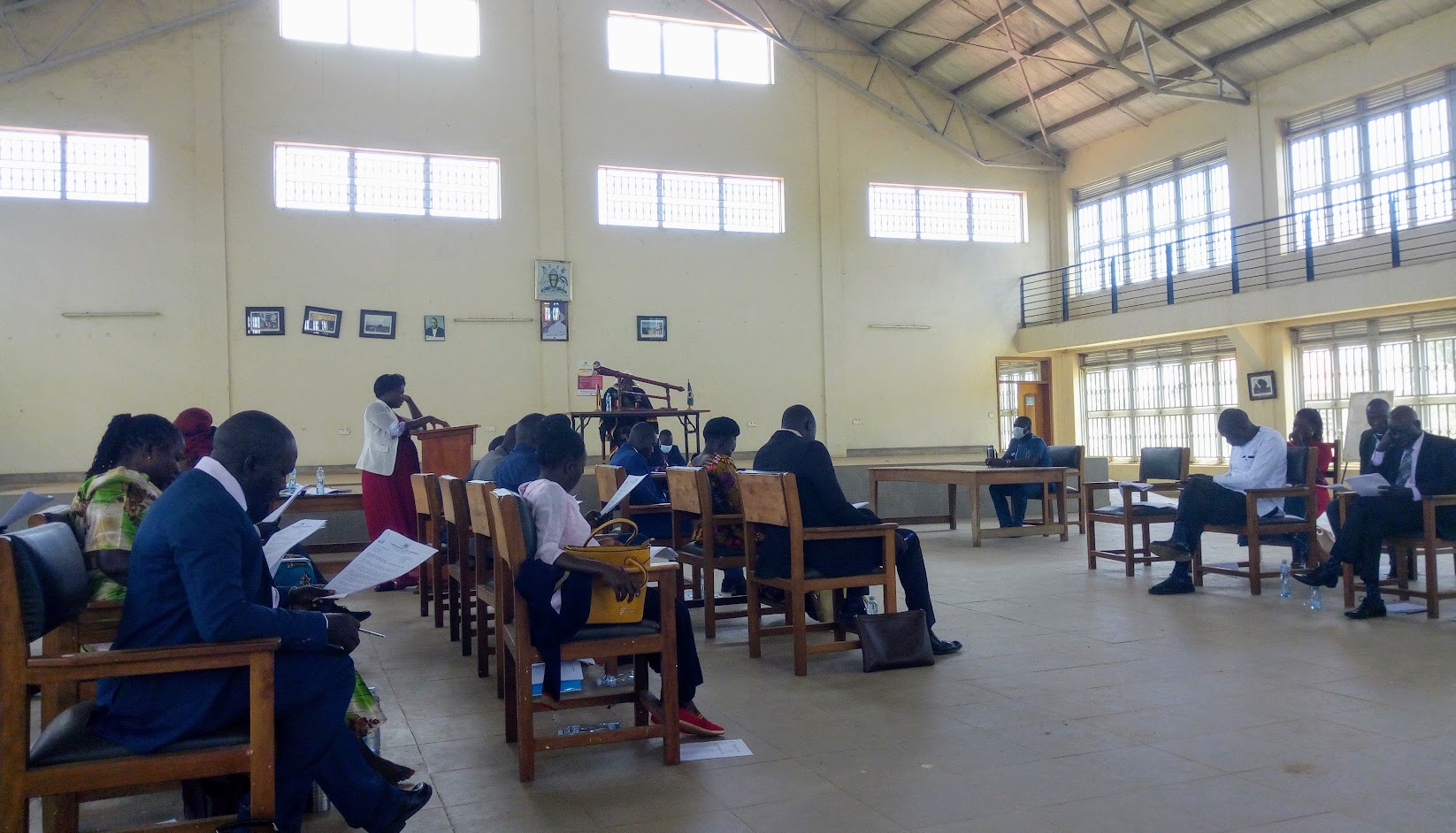AMURU– Amuru district council on Tuesday approved Shs 28 billion budget for the financial year 2022/23, an increase from Shs 24bln earmarked in the current financial year 2021/22.
The district’s next financial year budget shows Shs 9.7bln going to the education and sports sector, health received Shs 7.5bln, and administration got Shs 5.2bln
On the other hand, the budget provides Shs 2.6bln to the production department, roads Shs 1.7bln. water and sanitation Shs 964.3mln, council, and statutory Shs 0.6bln.
It also gives community-based services Shs 398.8mln, natural resources Shs 250.4mln, trade, industry, and local economic development Shs 39mln, finance Shs 200mln, and Internal Audit Shs 74.1mln.
The wages breakdown shows education taking Shs 6.7bln of the Shs 9.7bln allocated to the sector, Shs 6.7bln representing 69.32. Of the Shs 7.5bln allocated to the health sector, Shs 5.5bln representing 74.5 percent will cater for the wages of the health workers.
Other sectors with a high wage bill include the natural resources’ Shs 250mln of Shs 162mln [ 64.6 percent] is for wages, and administration has Shs 2.5bln [50.9 percent] to cater for arrears, gratuity, and pensions among others.
The only sectors which will have some reasonable amount of money include roads. Here only 5.82 percent of the Shs 1.7bln allocated will cater for wages while the rest will go into actual road works. Under the water and sanitation sector, 7.54 percent [Shs 75mln] of the Shs 964mln will cater for wages.
Denis Rom, the secretary of finance and administration, Amuru district said planning for service delivery in local governments is increasingly becoming difficult, especially with the indicative planning figure system set by the central government, which prevents them from addressing their most critical service delivery gaps.
He said local governments as a result struggle to render improved services to the common man in their respective districts.
Michael Lakony, the LCV Chairperson of Amuru district said late disbursement of funds from the central government hinders service delivery and that in most cases, not all the money needed to do the planned work is provided.
According to Lakony, some districts remit money back to the consolidated fund because the Finance Ministry sends it late, meaning it cannot be utilised in time. This, according to Lakony, makes leaders to be perceived as non-performers.
It is important to remember that budgets for cities and districts are catered for by the national budget. For the next financial year, the government plans to spend Shs48.1trn.
https://thecooperator.news/gulu-city-to-spend-50-6-percent-of-2022-23-budget-on-roads/
Buy your copy of thecooperator magazine from one of our countrywide vending points or an e-copy on emag.thecooperator.news
